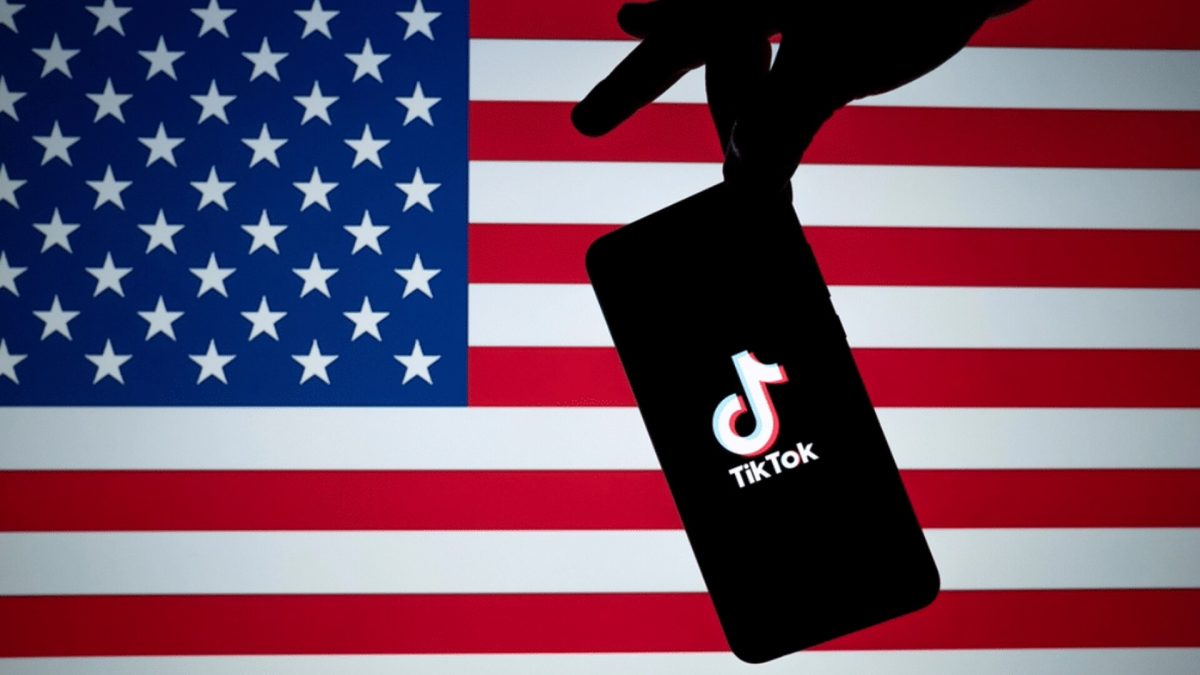The US Supreme Court on Friday (January 10) heard arguments in TikTok’s appeal of a law that could force its Chinese owner to sell the platform or shut it down entirely. The case centers on national security concerns and free speech implications tied to the video-sharing app.
During the nearly three-hour hearing, TikTok, the US government, and content creators presented arguments for and against a potential ban set to take effect on January 19.
TikTok’s argument
TikTok’s attorney, Noel Francisco, argued that the government must consider less restrictive measures, such as barring data sharing or issuing warnings about potential risks, rather than a full ban. He rejected the technical difficulties that the government says makes simply barring sharing impossible, BBC reported.
Francisco also questioned why TikTok was being singled out when other Chinese apps, like Temu and Shein, also collect significant data from Americans. He dismissed concerns that TikTok could manipulate users, noting, “The government cannot restrict speech in order to protect us from speech.”
Government’s argument
Representing the government, Solicitor General Elizabeth Prelogar maintained that TikTok’s ties to China pose a unique national security threat. She argued that a warning to users would not adequately address risks, citing the potential for espionage or blackmail through data collected from TikTok’s 170 million American users.
“There is a distinct, sovereign harm to the US if our foreign adversary could collect this massive data set,” Prelogar said, according to BBC.
She said that a large user base of TikTok is young Americans, who could grow up to be military personnel, or senior government officials. Their data being accessed by China exposes the US to the risk of espionage and blackmail.
Judges remain sceptic
The Justices expressed scepticism about some government arguments. Justice Elena Kagan noted that TikTok’s Chinese ownership is well-known, not covert. Justice Neil Gorsuch questioned whether banning the platform over risks that have not yet materialised was “a pretty paternalistic point of view.”
President-elect Donald Trump, set to take office one day after the ban’s scheduled implementation, has called for the law to be delayed, stating he plans to negotiate with TikTok.


)

)
)
)
)
)
)
)
)



